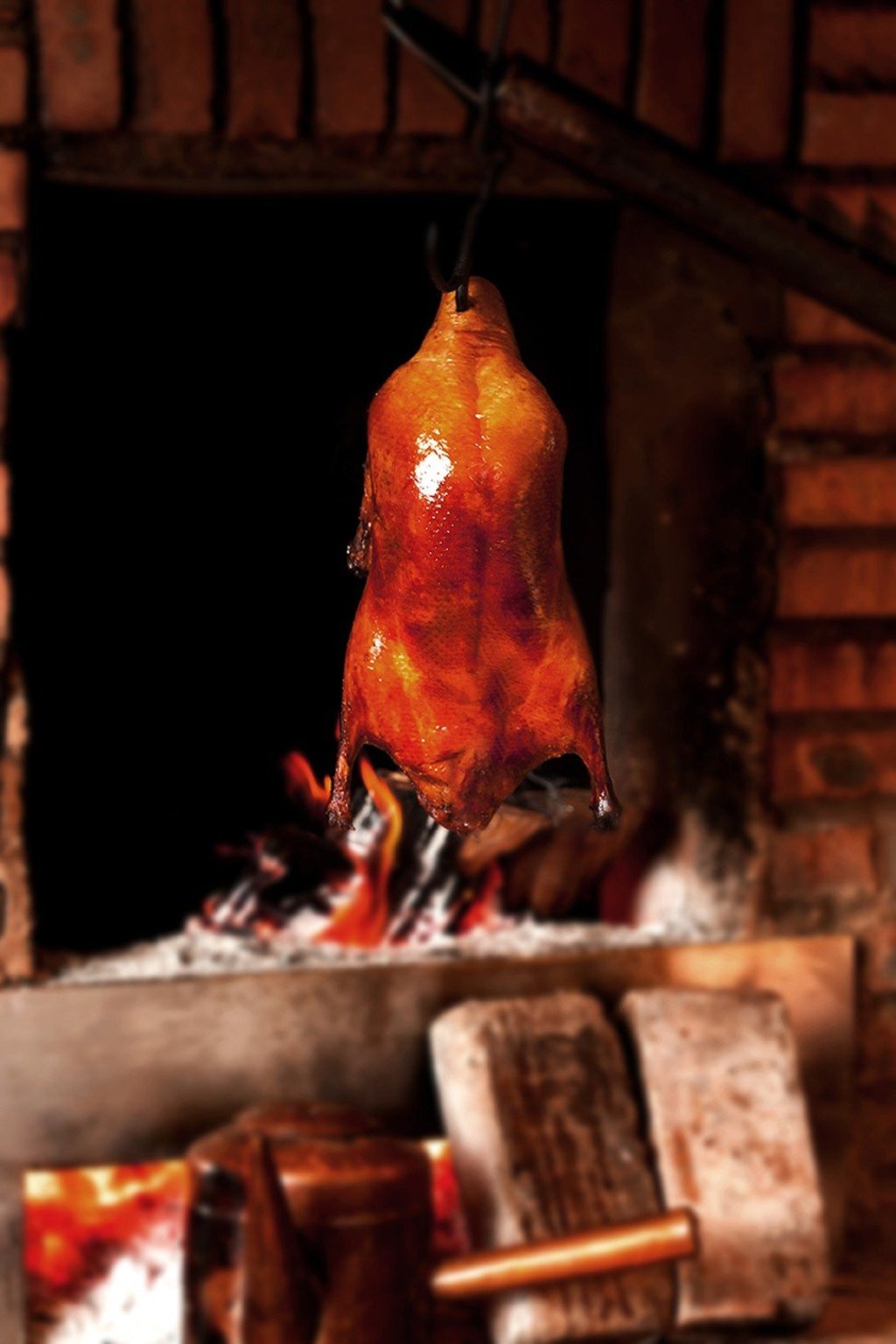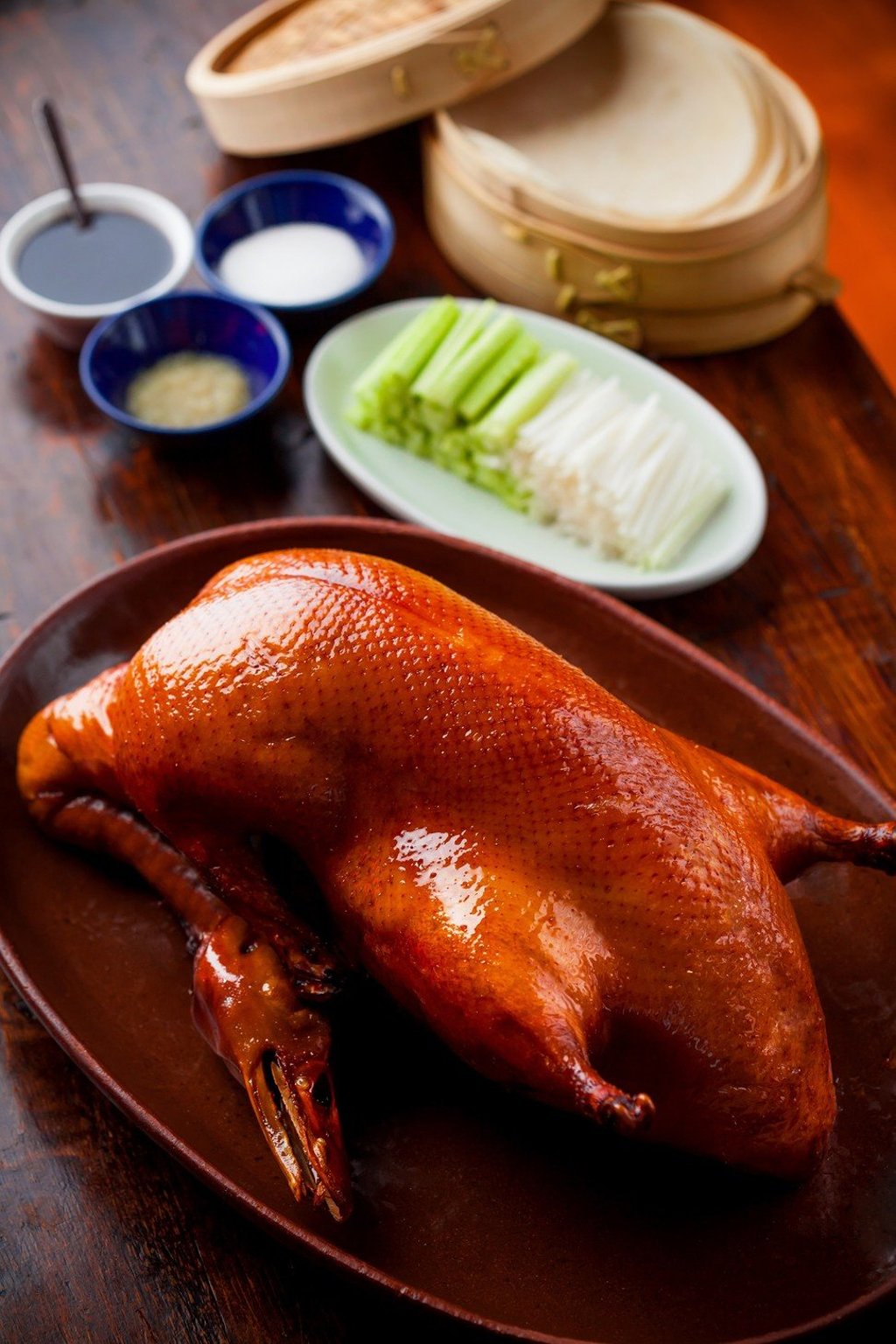Is the Peking duck really from Beijing? We go in search of its origins

While on the subject, what exactly is its British cousin, crispy aromatic duck?
Peking duck (or Beijing roast duck) has been a mainstay in Chinese cuisine ever since its recorded creation during the Yuan dynasty (1279-1368), where it was listed among the imperial recipes in court therapist and physician Hu Sihui’s Dietary Principles (饮膳正要).
However, this is believed to be an earlier incarnation of today’s Peking duck, with executive chef Kent Jin of Grand Hyatt Beijing’s famous Made in China restaurant team adding that today’s version is likely to have originated during the Ming dynasty.
“Zhu Di (also known as the Yongle Emperor), the third emperor of the Ming dynasty brought roast duck with him when he moved the capital from Nanjing to Beijing. After that, it became one of the imperial dishes,” said Kent.
“The duck must be thoroughly cleaned, plucked, dressed, scalded and dried before being roasted on wood taken from fruit trees,” he said, adding that all the ducks come from their own farm on the outskirts of Beijing.
The famous crispiness of the skin comes from first being plunged into boiling water for up to five minutes before being hung to dry, to tighten the skin, as well as the glazing and 24-hour drying process.
Slow-roasted and bursting with flavour, the duck is traditionally sliced into 120 pieces and served with crepe-like pancakes, sweet bean sauce or hoisin sauce, finely sliced onions, and is often carved tableside.
Since then, this delicious fowl has taken flight across continents, appearing in restaurants in Europe and the Americas, and even been featured in one episode of celebrity chef Heston Blumenthal’s 2007 series, In Search of Perfection.
In his quest to discover the origin and then create the perfect Peking duck, Blumental visits Quanjude Restaurant, one of the best-known roast duck restaurants in Beijing.

